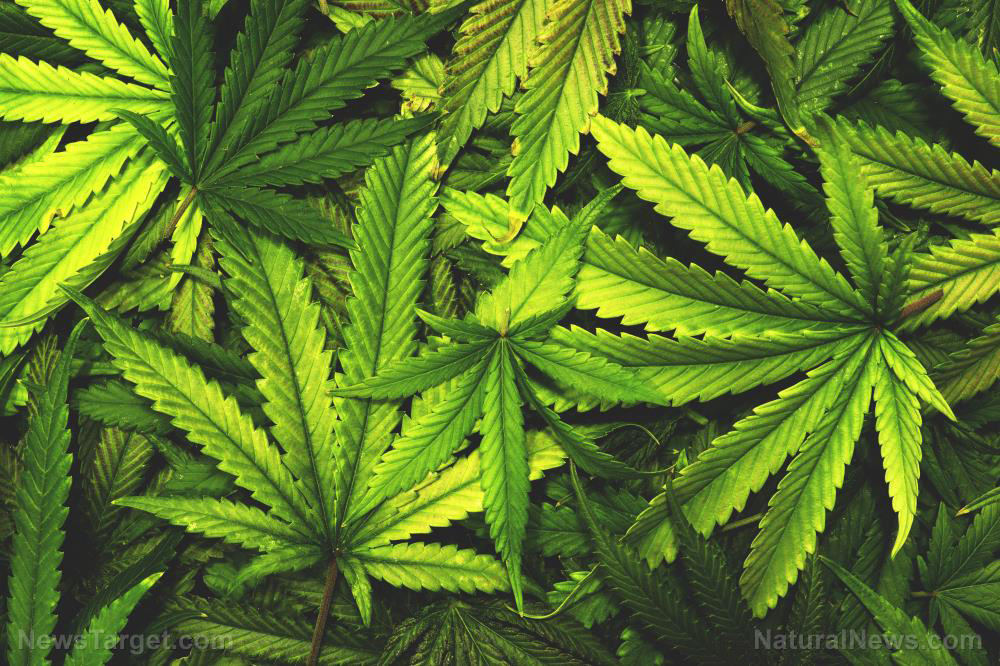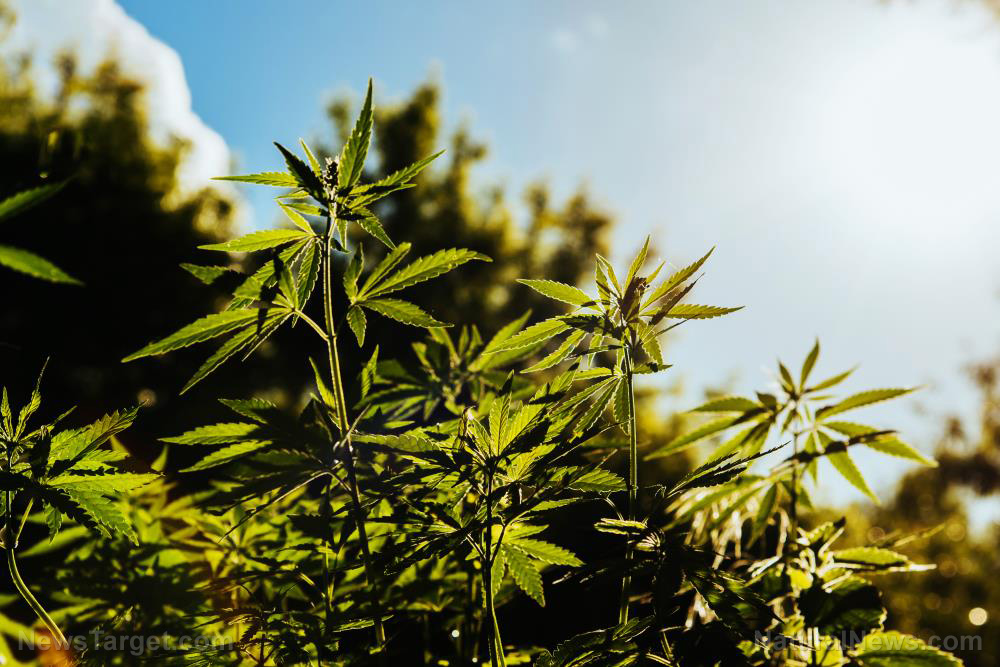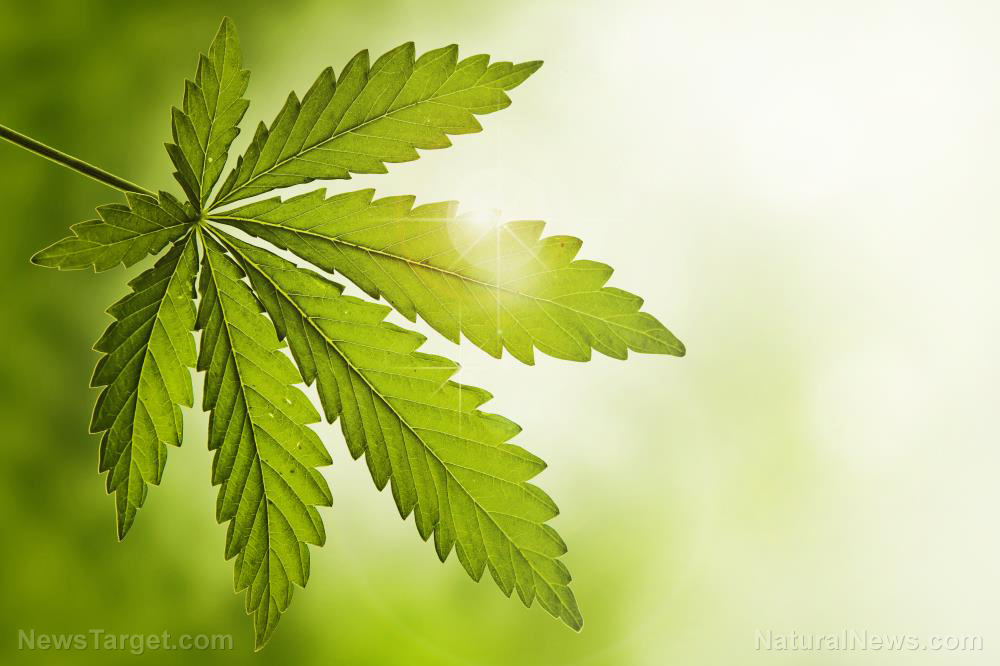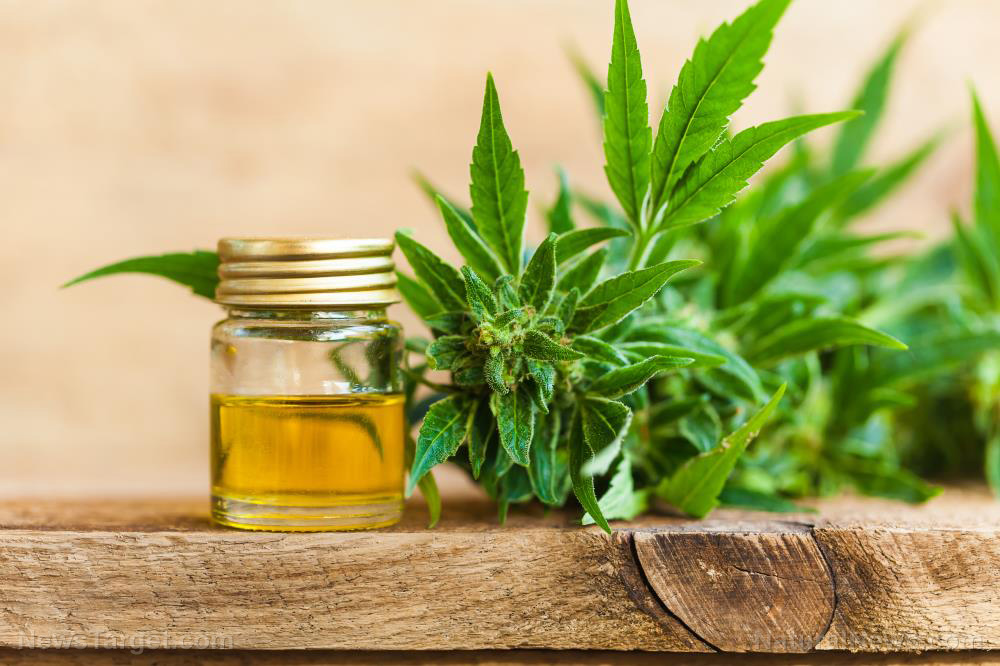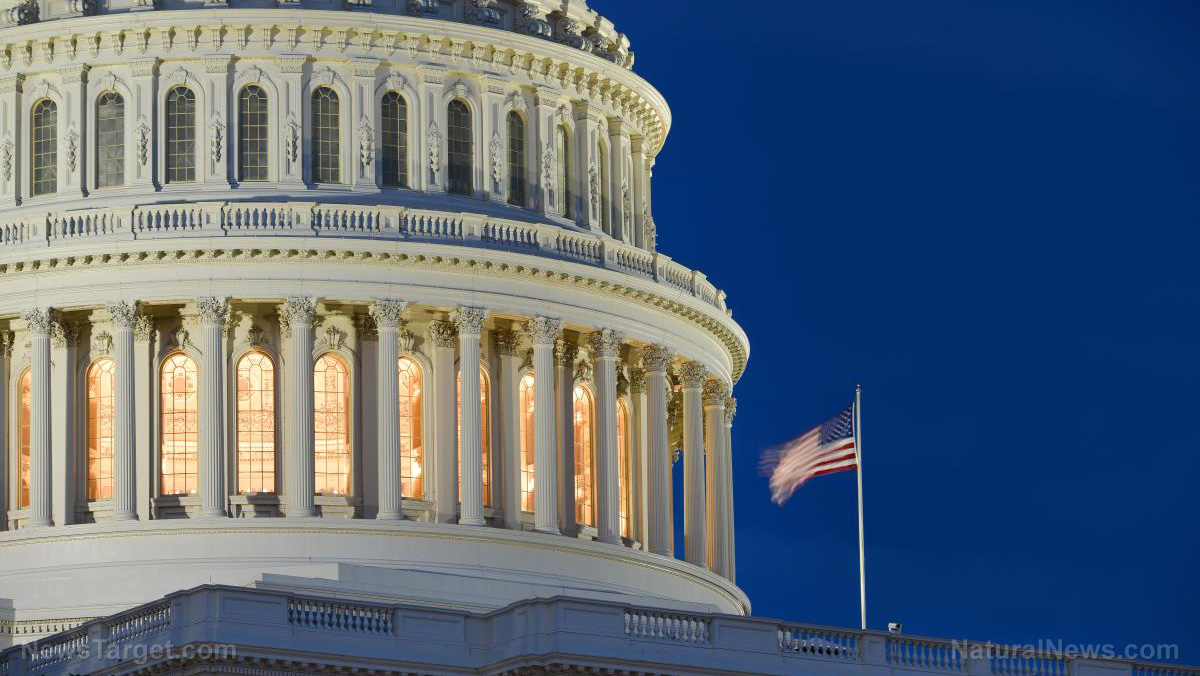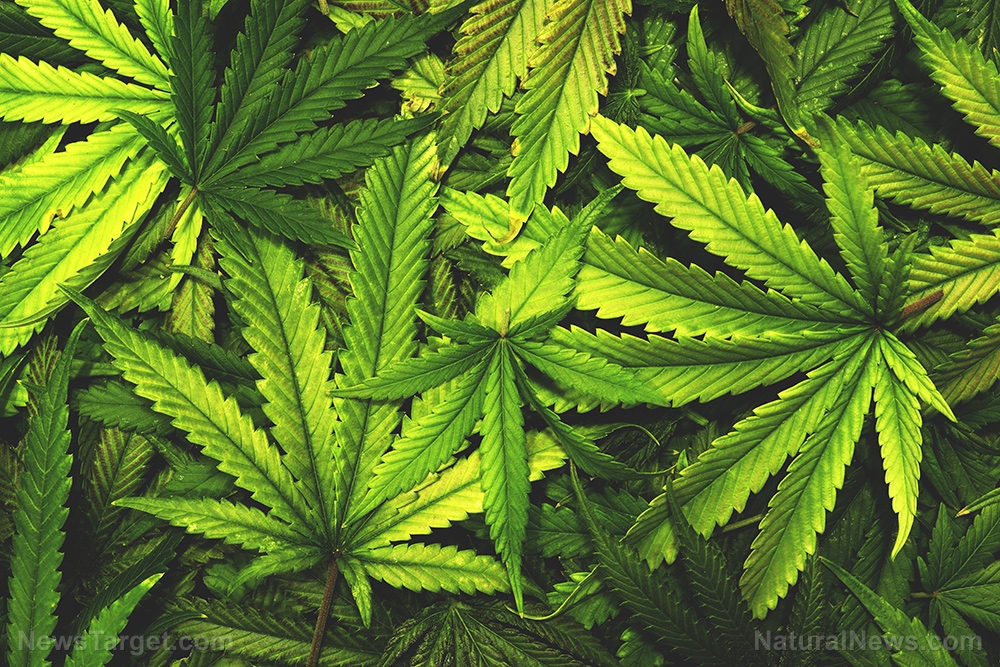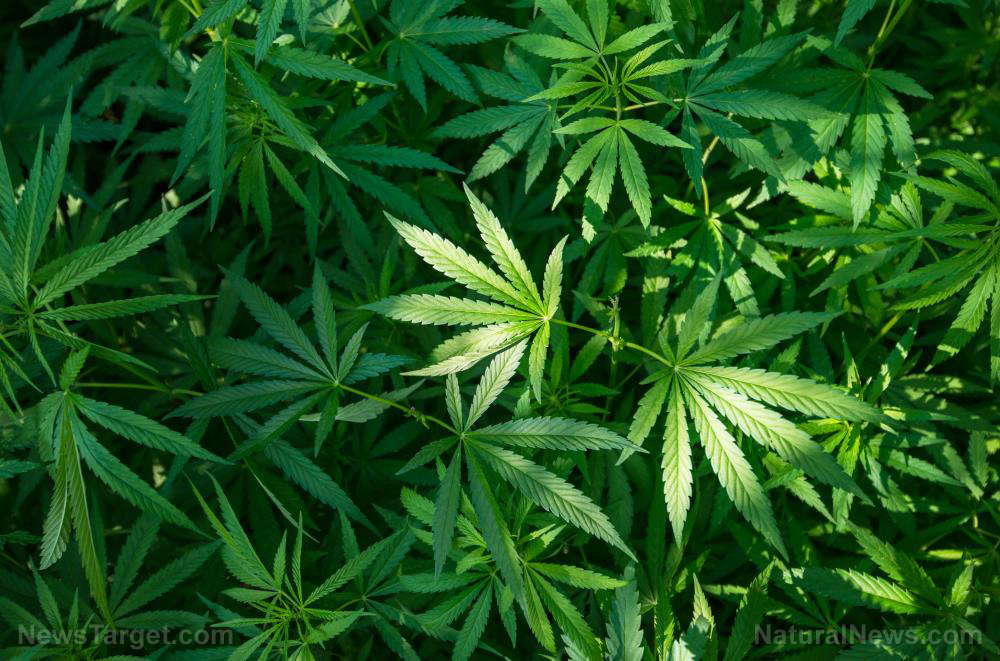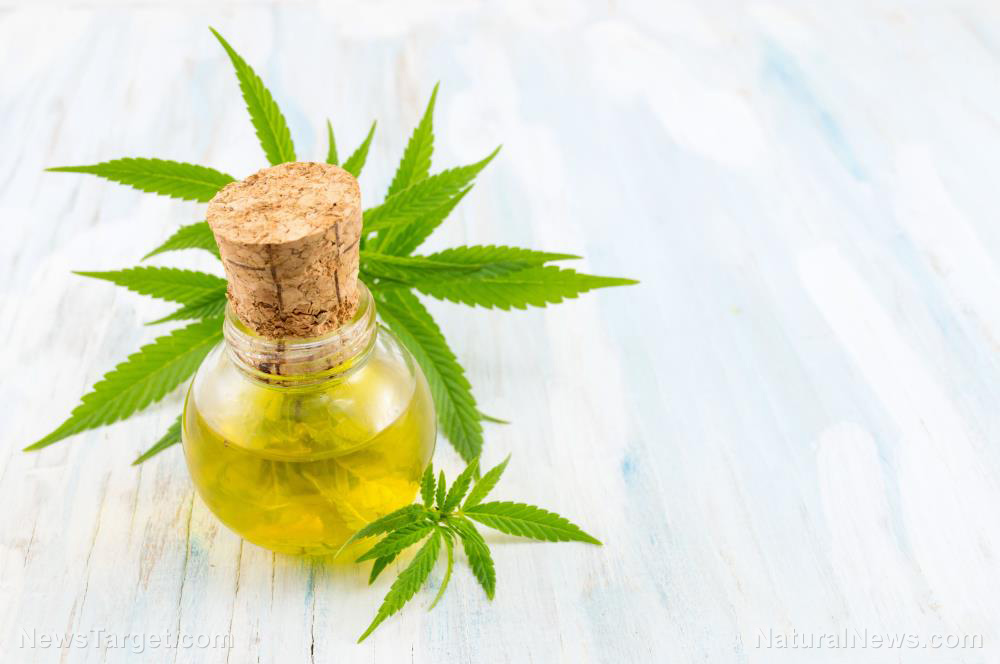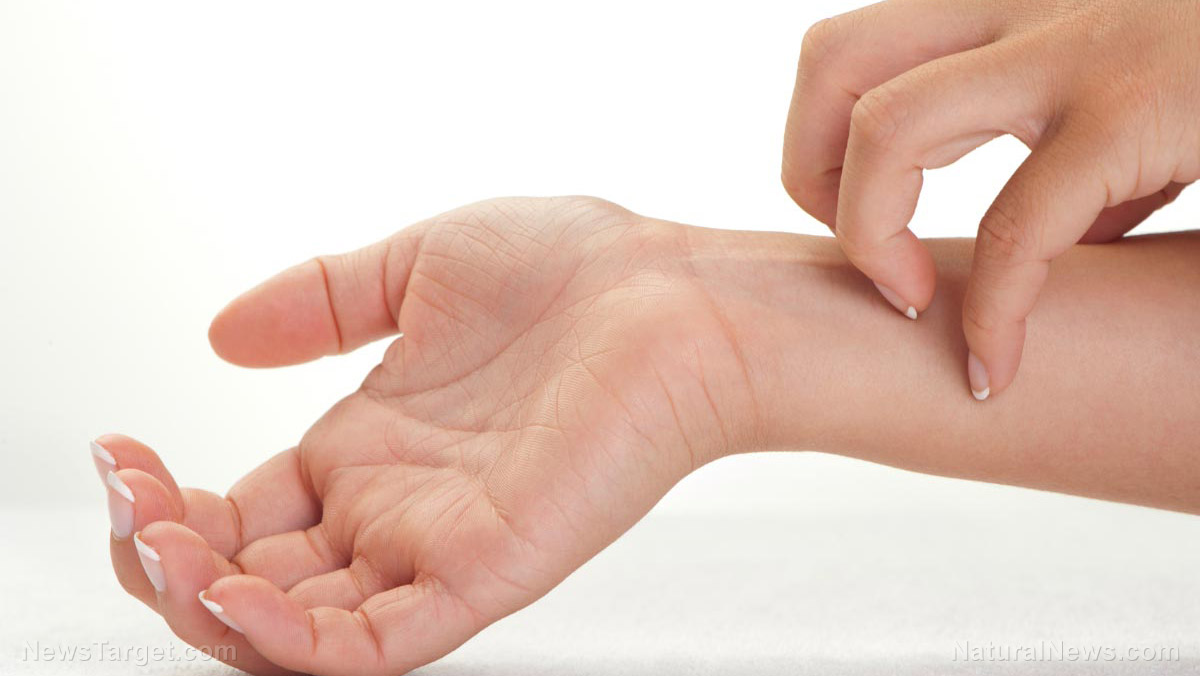Study links legalization, commercialization of cannabis to increased road accidents
01/23/2024 / By Olivia Cook
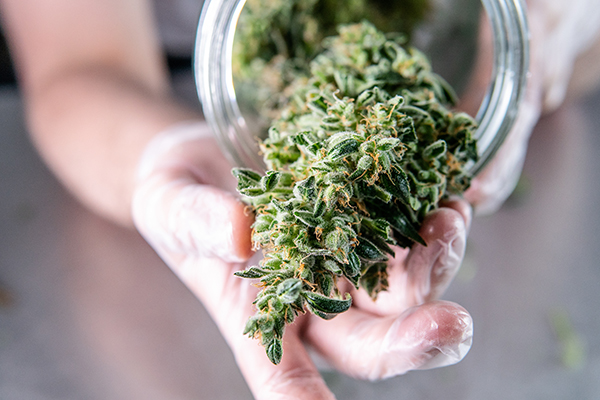
A study published in the JAMA Network Open found that over 13 years, annual rates of marijuana-involved emergency room visits have increased by more than 475 percent for traffic injuries, likely accelerated by the commercialization of non-medical cannabis use in Ontario, Canada.
Researchers from the University of Ottawa (UOttawa) examined changes in the number and characteristics of marijuana-involved traffic injury emergency room visits in individuals ages 16 years and older in a repeat cross-sectional study during three time periods: before legalization from January 2010 to September 2018, after legalization with product and retail store restrictions from October 2018 to February 2020 and full commercialization with new products and an expanded number of dispensaries from March 2020 to December 2021.
The study captured 426 documented cannabis-involved traffic injuries from the more than 947,600 traffic-injury emergency department visits recorded in the periods. About 79 percent were male and nearly 26 percent were aged 16 to 21 years old.
Researchers said their study findings were “consistent with a systematic review in which six of nine studies found that greater cannabis retail access was associated with increased adverse traffic-related outcomes.”
Marijuana and impaired driving
The marijuana plant (Cannabis sativa) has been dubbed as the “plant of a thousand and one molecules” by the authors of a study published in the journal Frontiers in Plant Science because of its rich spectrum of hemp phytochemicals, including cannabinoids, terpenes and phenolic compounds, among others.
Due to their wide range of pharmaceutical and psychotropic effects in humans, cannabinoids represent the most studied group of compounds. Cannabidiol (CBD) is a non-intoxicating cannabis compound, while tetrahydrocannabinol (THC) is a mind- and mood-altering compound that has been shown to affect behavior, mental activity and/or perception. Medical marijuana has a higher content of CDB with less than 0.3 percent of THC while marijuana for recreational use has a higher content of THC.
In a 2022 “Safety Research Report,” the National Transportation Safety Board (NTSB) detected alcohol and marijuana among a very high percentage of drivers arrested for impaired driving and fatally injured drivers.
Studies have shown how marijuana affects areas of the brain that control your balance, body movements, coordination, judgment and memory.
UOttawa public health and preventive medicine physician Dr. Daniel Myran explained that recreational marijuana impacts driving performance by slowing your reaction time and ability to focus, make decisions or pay attention to multiple events, impairing coordination and increasing risk-taking behavior for many.
Marijuana use can have a positive or negative impact on one’s life – intent is the deciding factor
According to psychologists, marijuana is “not physically addictive in both medical and recreational form.” However, a person’s intent and motivation for use make all the difference in deciding whether marijuana use becomes a negative or positive influence on one’s life. (Related: Scientists explain how CBD helps to address “isolation-induced aggression.”)
An analysis of self-reported reasons for recreational marijuana use showed the following intentions or motives:
- Curiosity and experimentation
- Enhancing social interaction (bonding and feelings of fun, enjoyment and well-being)
- Increasing appetite
- Lowering inhibitions
- Peer acceptance and/or peer pressure
- Stress relief, managing boredom, emotions and moods
Recreational marijuana use over time may lead to substance abuse or dependence. Moreover, a pattern of behavior can be created that can easily be carried to other substances, such as alcohol – especially when they’re no longer feeling that certain “high.”
Visit CBDs.news for more stories like this.
Watch the following video about marijuana-involved driving deaths, which are on the rise.
This video is from the Daily Videos channel on Brighteon.com.
More related stories:
Alarming rise in drugged driving deaths alerts U.S. regulators.
Study: Adolescent cannabis use in US increased by 245% over 20 years.
Raw sewage analysis reveals marijuana use is on the rise.
Sources include:
NTSB.gov [PDF]
Submit a correction >>
Tagged Under:
addiction, big government, cannabis, dangerous, emergency room visits, legal marijuana, marijuana, national security, Recreational cannabis, research, traffic accidents, transportation
This article may contain statements that reflect the opinion of the author
RECENT NEWS & ARTICLES
COPYRIGHT © 2017 MEDICAL MARIJUANA UPDATE


